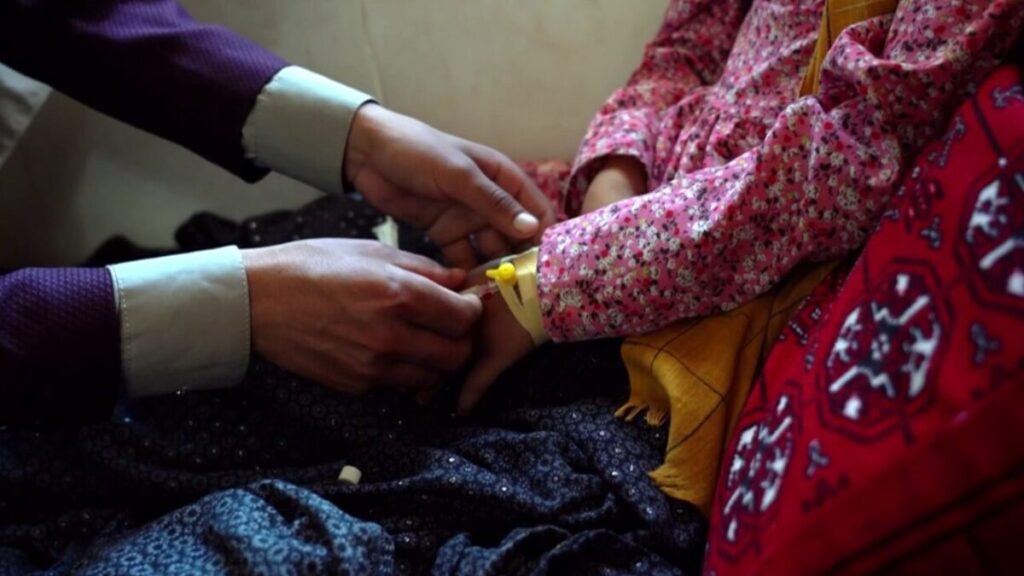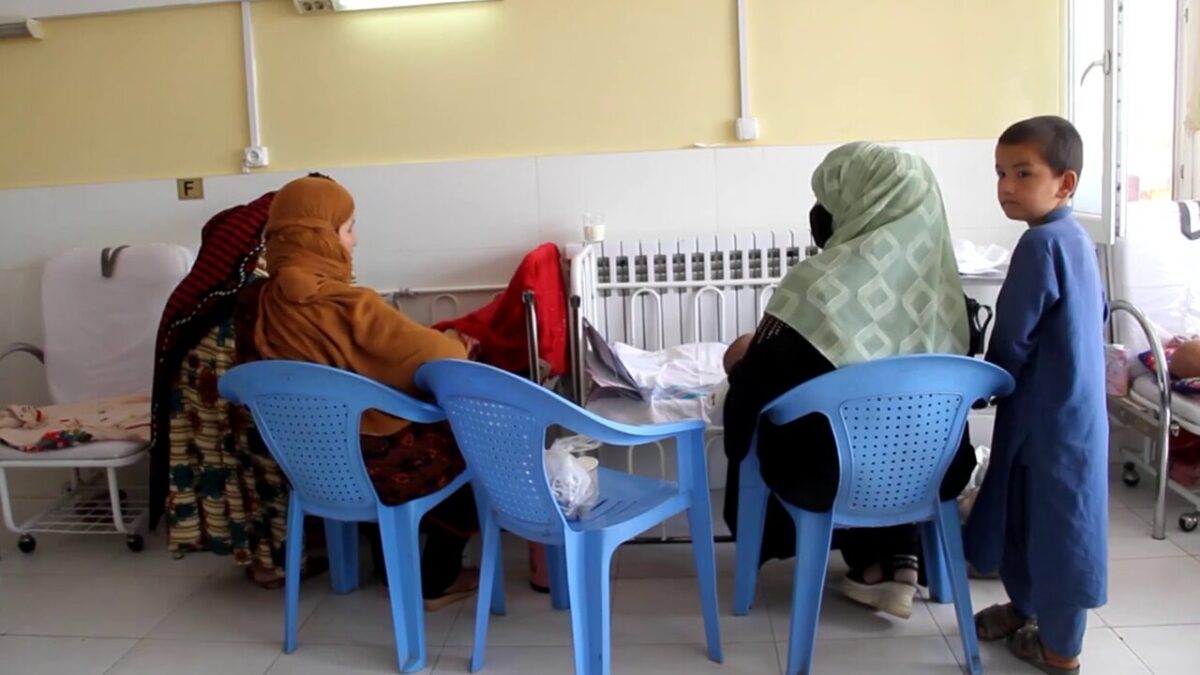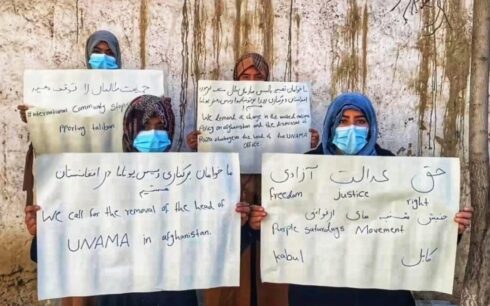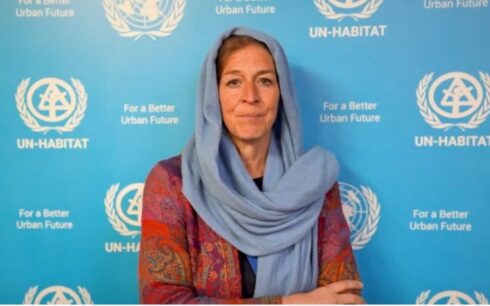KABUL, Afghanistan — Women in Afghanistan’s rural regions are grappling with a dire healthcare crisis following the Taliban’s recent decision to close female medical institutions. The move has exacerbated an already severe shortage of female doctors, nurses, and midwives, leaving millions of women without access to critical medical services.
Faheema, a resident of the Pasaband district in Ghor province, shared her devastating experience. Two weeks ago, she lost her unborn child due to a lack of medical care in her village.
“My first child was in my womb when I fell ill. There is no female doctor or midwife here,” she said. “By the time we reached the city, my baby had died. There are many women like me whose babies die because we have no access to midwives or female doctors.”
Women in rural areas have long struggled with high maternal and infant mortality rates, a crisis compounded by Afghanistan’s severe shortage of healthcare professionals. According to unofficial estimates, the Taliban’s ban has prevented at least 30,000 girls from pursuing education in medical fields such as midwifery, nursing, and dentistry.

The ban disproportionately affects women in remote areas, where female medical professionals are rare or nonexistent. Saida, a resident of Herat province, explained the financial and emotional toll this crisis places on expectant mothers.
“A woman giving birth incurs expenses of 2,000 to 3,000 Afghanis,” she said. “We are in dire financial straits. It is very difficult for us, and it harms the child as well.”
Nazanin, a resident of Farah province, described the helplessness of falling ill without access to proper care. “When we get sick, we don’t receive proper treatment. We have no access to doctors,” she said.
International health organizations have sounded the alarm over Afghanistan’s growing healthcare challenges, particularly for women. Last month, the United Nations Population Fund (UNFPA) warned that restricted access to healthcare for Afghan women, especially in emergency situations, is driving up maternal mortality and illness rates.
In a statement posted on X, the UNFPA emphasized the severe impact of reduced access to healthcare services provided by midwives and nurses. “Maternal health in Afghanistan is at grave risk,” the organization said, highlighting the life-threatening consequences of limited medical care.
The Taliban’s education ban comes as Afghanistan faces one of the world’s highest maternal mortality rates, underscoring the critical need for trained female healthcare workers. Critics argue that the policy not only denies women education but also endangers the lives of countless Afghan mothers and children.





